|
Listen to or download this article:
|

CHANTICLEER 10 QUESTION AUTHOR INTERVIEW SERIES
with Award-Winning Author, Dave Mason
 Hello friends, we have another fabulous interview for you today. In 2021, Dave Mason took home the Grand Prize in the Hemingway Awards for his fascinating novel, EO-N. Here, he tells us how EO-N came to be and the subsequent heights it is now reaching! Take a minute or two and get familiar with Dave. You won’t be sorry!
Hello friends, we have another fabulous interview for you today. In 2021, Dave Mason took home the Grand Prize in the Hemingway Awards for his fascinating novel, EO-N. Here, he tells us how EO-N came to be and the subsequent heights it is now reaching! Take a minute or two and get familiar with Dave. You won’t be sorry!
Chanti: Tell us a little about yourself: How did you start writing?
Mason: In my day job, I’m a partner in a strategic design firm, so I write for my clients pretty much every day. For eleven years, my business partners and I hosted Cusp Conference — an annual conference “about the design of everything” — and one of our 2018 presenters suggested writing for fun as a way to reduce stress. I hadn’t written for anything like fun since about third grade, but that somehow made sense at the time, and I just started, mostly on the train to and from downtown, and mostly random stuff at first, but pretty soon my pattern-seeking brain began to put things together (news articles and my own sense of “what if”) and before I knew it, I had what seemed like the beginning of a novel. After sharing with some people who gave the rough manuscript an enthusiastic thumbs up, the damned thing took on a life of its own, and here I am, doing an author interview. Who knew?
Chanti: That’s funny. We knew! When did you realize that you were an author?
Mason: Still not sure that has been internally acknowledged!
Mason’s report card showing his writing chops early on.
Chanti: You’re cracking me up! Let’s talk about genre. What genre best describes your work? And, what led you to write in this genre?
Mason: Historical fiction / mystery? Is that a genre? Both EO-N and the works I have in progress are a little history, a little mystery, and a little contemporary social commentary. Maybe not a typical combination, but it gets me going.
Chanti: YES! Historical Mysteries or Mystery / Historical Fiction is certainl a genre! Owen Parry’s Call Each River Jordan: A Novel of Historical Suspense, Love in the Time of Cholera by Gabriel García Márquez, to name a couple. There are more, trust me. HUGE genre here. Do you find yourself following the rules or do you like to make up your own rules?
Mason: I didn’t realize there were rules. As I said, I never set out to write a novel in the first place. I just wanted some form of relaxation. That didn’t work out too well!
Chanti: You’re killing me. Seriously. Okay, how do you come up with your ideas for a story?
Mason: I’ve been fascinated with history my entire life. I spent my early childhood years in a small village in England, walking to a two-room school through the spooky graveyard of a church built somewhere around the 13th century. I’m the child of parents whose cities were bombed by the Germans, and my father was training to be an RAF pilot when the war ended (lucky for me!). When my family moved to Canada when I was eight, that opened up a whole new world of history to fire my imagination – stories of the Iroquois and Algonquin and Mohawk and coureur de bois were like gold to me. Plus, some archeologists uncovered an entire Roman fort in my little English village just after I moved away! So now I’m drawn to news articles and stories that pertain to newly discovered pieces of history, and I’m also highly aware of current world events and societal trends. So my guess is that my personal worldview + history resulted in EO-N, and is definitely embedded in new work I have on the go.

Chanti: What are you working on now? What can we look forward to seeing next from you?
Mason: I’ve got a couple of things going (Vikings meet Nazis meet NASA, for example), but just like EO-N, I have no idea if they’re any good or not. So as I did with EO-N, I’ll ask my wife if they’re any good (and she’ll say yes) then I’ll ask my siblings for unvarnished feedback (they have no problem providing that!) and will go from there. Both works in progress are in the same vein as my first book — history + mystery + contemporary societal themes, so I’m thinking maybe that’s my thing. Guess I’ll find out.
Chanti: How structured are you in your writing work?
Mason: I write when I feel like writing. And I don’t follow a structure. I recently learned the terms “plotter” and “pantser,” so I’ve tried to figure out which of those I am, and have come to the conclusion that I’m both — a “plantser”? I find I begin with an end in mind, then start, and figure it out along the way, doing all the necessary research and making adjustments as I go. Sometimes I feel as if the characters pretty much tell me what they should do, and I’m just along for the ride. Sort of. I have to admit that as a control freak in real life, it’s pretty cool to be able to create people and have them do crazy things. And kill them.
Chanti: That’s a lot of fun, I do have to admit! How do you approach your writing day?
Mason: With coffee. I like to write early in the morning. Like really early.
Chanti: I get it. When the house is still asleep. What areas in your writing are you most confident in? What advice would you give someone who is struggling in that area?
Mason: I’m not sure I’d say I’m fully confident in any area, but people tell me that my characters are real to them, that my plotting is solid, and that my research is sound. And maybe it’s my visual design background, but the people who ended up acquiring EO-N for film and TV told me they thought the book was “cinematic” — that they could see every scene and element in enough detail to make it real-ish. I have a friend in the live theater business, and he told me once that theater doesn’t happen on the stage, that it happens in the audience’s minds. That’s what I was shooting for with my novel. I didn’t realize it was called worldbuilding until someone used that word, and I googled it! So, my advice? That’s a tough one. The entire storytelling process is complex, and it seems to me you can get 95% of it right and still fail if the 5% takes the reader out of the world you’re trying to put them into temporarily. So it may seem obvious, but get it all as right as you can. Then have a bunch of people whose opinions you trust read it. Then make it even more right. And repeat that until you know you’re done. The grind is part of the fun. And words are a visual medium.
Chanti: I like that. Well said! It’s important to work on your craft. What do you do to grow your author chops?
Mason: I write more, and I listen to the people whose opinions I trust. Lather. Rinse. Repeat.
Chanti: Give us your best marketing tips, what’s worked to sell more books, gain notoriety, and expand your literary footprint.
Mason: I received interest in EO-N from a couple of publishing houses, but when they asked how I was going to market the book I have to admit I was taken aback. I naively assumed that’s what they would do, since I wrote it, my design firm formatted and designed it, and I had connections to editors. In the end, after learning more about the process (I knew nothing) I elected to self-publish. In my day job, I help people market their services and products, so it wasn’t a stretch to take that on. The usual mechanisms — substantial email lists, substantial social media usage (including advertising), and of course, gaining positive recognition in the form of reader reviews and of course awards such as The Hemingway Award (thank you!) are all fuel for the fire. Through those and other more mysterious factors like luck, EO-N ended up being acquired for film and television, which has also spurred interest, and to my continued amazement it has been a bestseller in the US, Canada, the UK, and Australia. My tip is: be good, be noisy, and be visible, because no one cares about your book until they do.
Chanti: Now, that’s what I call a success story! Congratulations to you! Who’s the perfect reader for your book?
Mason: I’m finding that out. EO-N is partly set in WW2, and involves some pretty dark stuff that’s historically accurate. In places it’s pretty action-oriented, and in others it’s pretty emotional. So, it really runs the gamut, and I’m finding out that it appeals to a wide range of people for different reasons. I’ve spoken with readers who are pilots in real life who’ve told me the flying scenes are spot on in terms of the technical stuff and riveting in terms of action. And I’ve spoken with a few book club members who admitted that EO-N was not a book they might have normally picked up, but that the emotional punch of it made them so glad they did. That surprise factor is a wonderful thing to hear.
Chanti: I think that’s what you call a book for just about everyone. Do you ever experience writers block? What do you do to overcome it?
Mason: This isn’t my day job, so I just don’t put that kind of pressure on myself. If it’s there, it’s there. If it isn’t, I’m somewhere else. It’ll happen when it happens.
Chanti: That’s very cool and probably helps a lot. What excites you most about writing?

Mason: I think it’s that I discovered (rediscovered?) something that I really enjoy. And that it actually does the thing that the Cusp Conference speaker said it would do. It relaxes me, while it energizes me. That’s a win-win. And if what I do gives someone a world they can immerse themselves in for a few hours, and they can come back to this one a little better for it, I’m happy.
Chanti: What is the most important thing a reader can do for an author?
Mason: If they enjoy the thing, talk it up! If they don’t, well, we can just keep that between us.
About Dave Mason:
 Born in England and raised in Canada, Dave Mason is an internationally recognized graphic designer, a Fellow of The Society of Graphic Designers of Canada, and a co-founder of a number of software companies. He divides his time between Chicago, Illinois and Lunenburg, Nova Scotia. EO-N is his first novel.
Born in England and raised in Canada, Dave Mason is an internationally recognized graphic designer, a Fellow of The Society of Graphic Designers of Canada, and a co-founder of a number of software companies. He divides his time between Chicago, Illinois and Lunenburg, Nova Scotia. EO-N is his first novel.
Find out more about Dave by checking out his website at https://www.davemasonwrites.com/




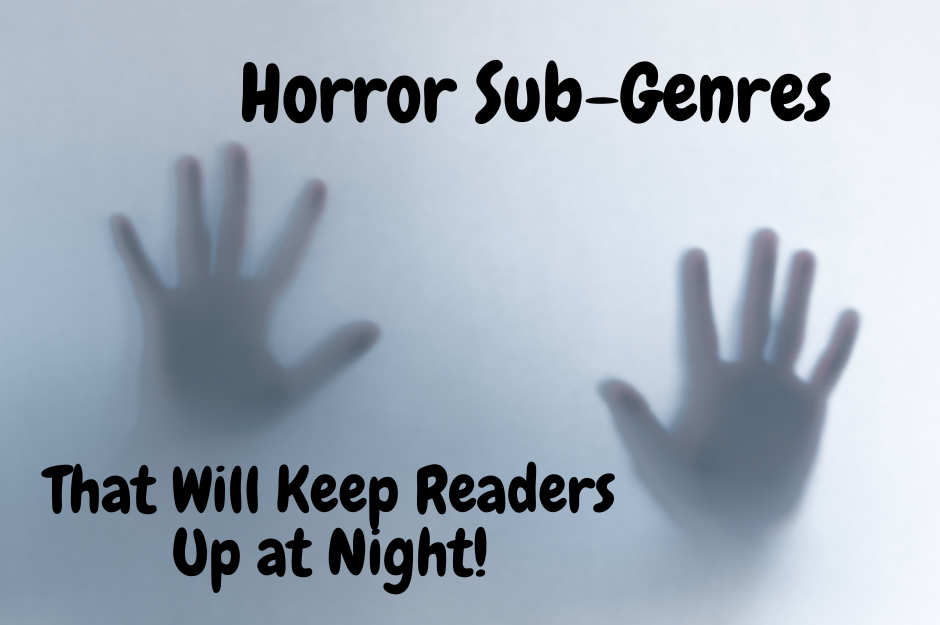
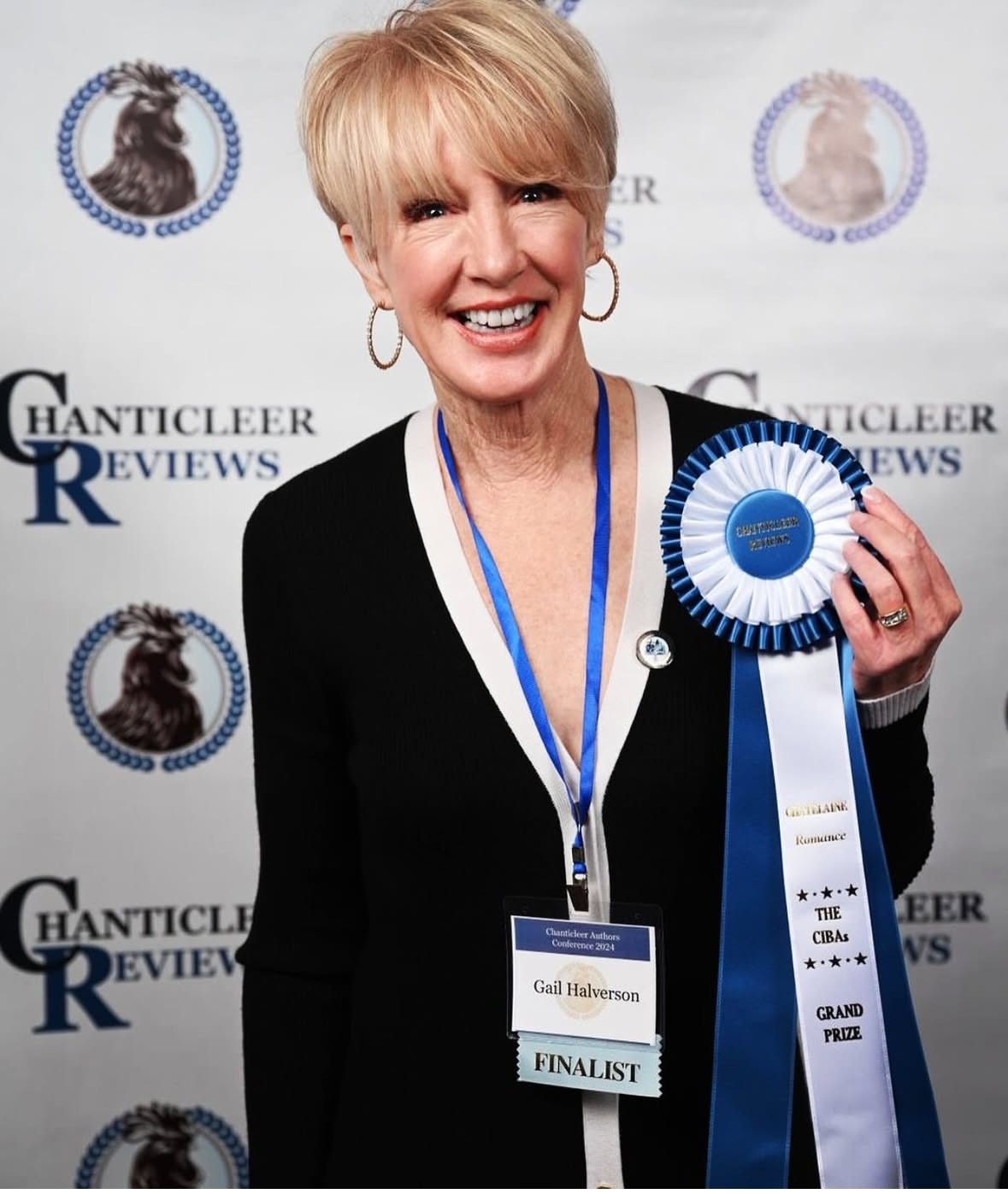
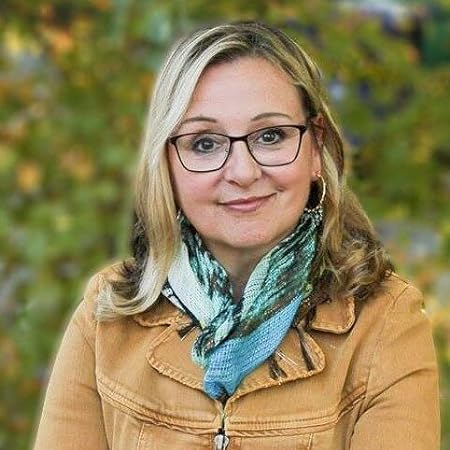
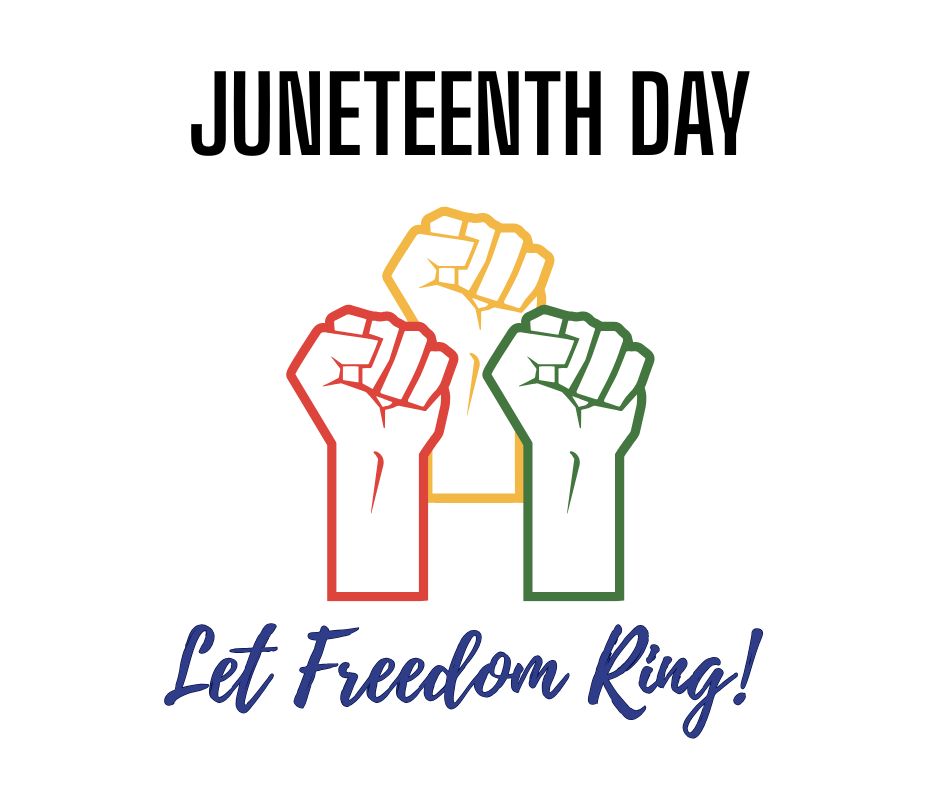
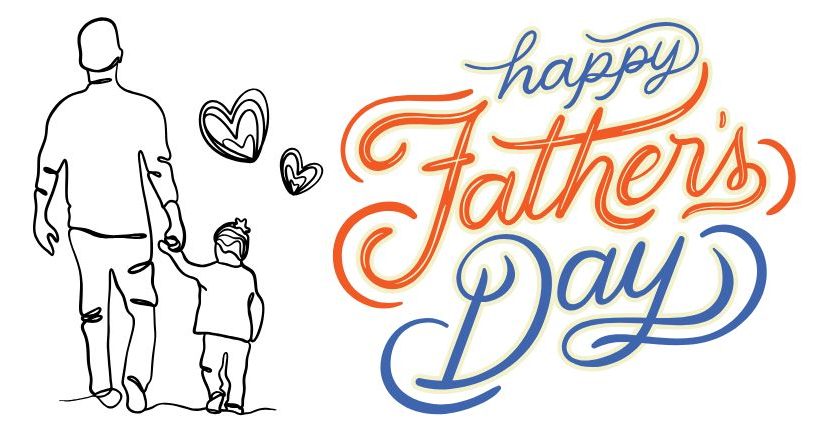
Leave A Comment